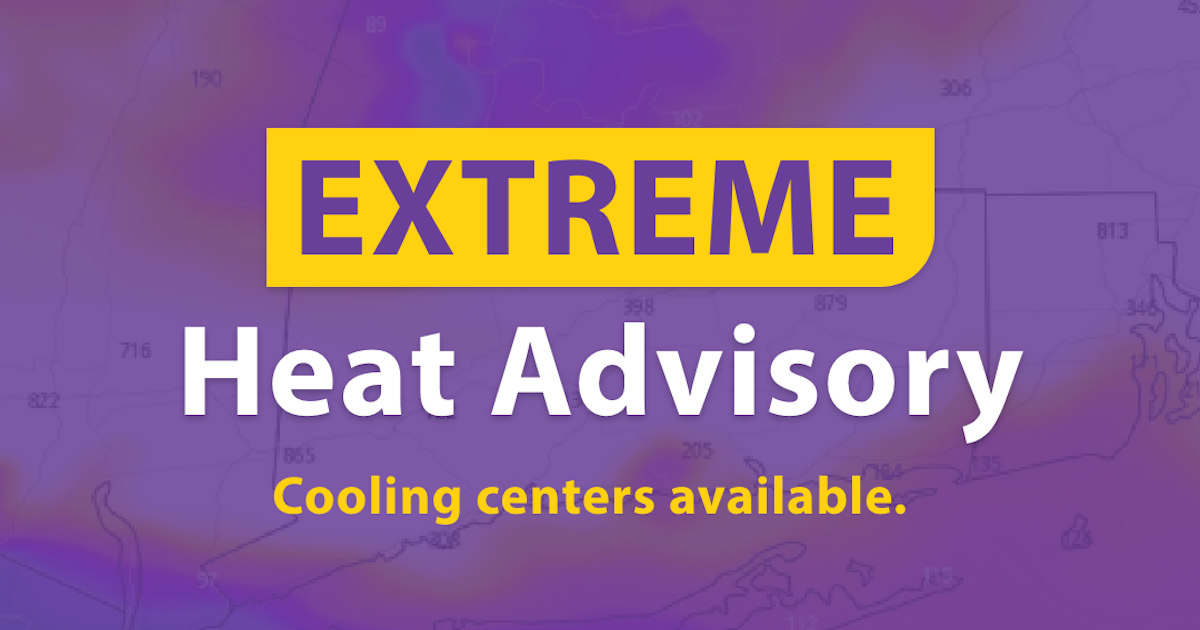With temperatures expected to reach the mid-to-upper 80s for several consecutive days this week, Governor Ned Lamont has activated the state’s “Extreme Hot Weather Protocol” to ensure that the most vulnerable populations receive protection from the hot conditions. The protocol goes into effect at noon on Tuesday, June 18, and will remain in effect through noon on Sunday, June 23.
Staying Cool During the Heatwave
Those in the Uncas Health District can find a continuously updated list of available cooling centers by calling 2-1-1 or visiting 211ct.org. Additionally, St. Vincent de Paul Place in Norwich will be open as a cooling center starting at 6:30 a.m. each day through Saturday.
Taking Precautions
Extreme heat can pose serious health risks, especially for vulnerable populations. Here are some essential precautions to take during the heatwave:
- Stay Hydrated: Drink plenty of water throughout the day, even if you don’t feel thirsty. Avoid sugary drinks and excessive amounts of alcohol, as they can dehydrate you.
- Stay Cool Indoors: Limit strenuous activity outdoors, especially during peak heat hours (typically between 10 am and 4 pm). If you don’t have air conditioning, spend time in public libraries, shopping malls, or cooling centers.
- Dress for the Weather: Wear loose-fitting, lightweight clothing made from breathable fabrics like cotton.
- Protect Yourself from the Sun: Apply sunscreen with SPF 30 or higher and wear a wide-brimmed hat whenever outdoors.
- Never Leave Children or Pets Unattended in Vehicles: This can be deadly, even for short periods.
Recognizing Heat-Related Illness
It’s important to be aware of the signs of heat-related illness, which can range from mild to life-threatening. Here’s what to watch for:
- Heat Exhaustion: Symptoms include heavy sweating, weakness, dizziness, nausea, and cold, clammy skin.
- Heatstroke: This is a medical emergency and requires immediate medical attention. Signs include a high body temperature (above 103°F), confusion, disorientation, seizures, and a rapid, weak pulse.
If you experience any concerning symptoms, move to a cool place, remove excess clothing, and drink fluids. In severe cases, call 911 immediately.
By following these tips and staying informed, you can stay safe and healthy during this heatwave. Let’s work together to beat the heat and ensure a comfortable week for everyone in Connecticut.
Additional Tips From the Department of Public Health

